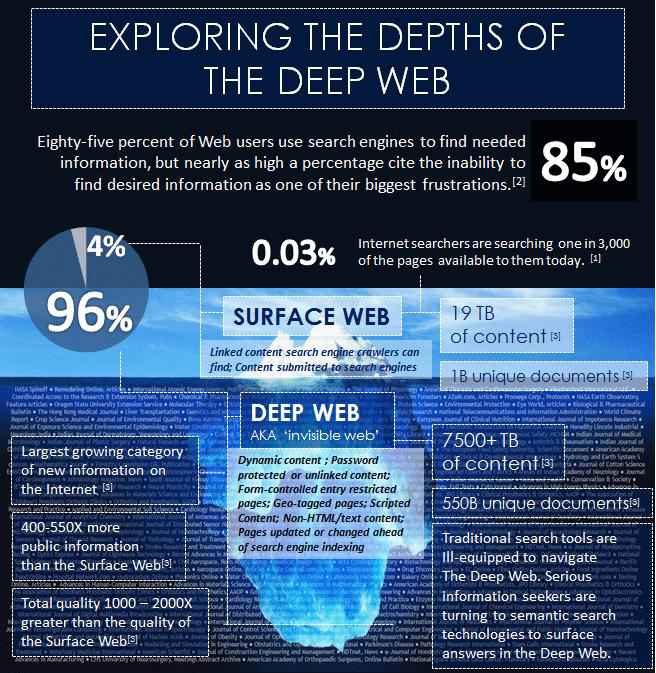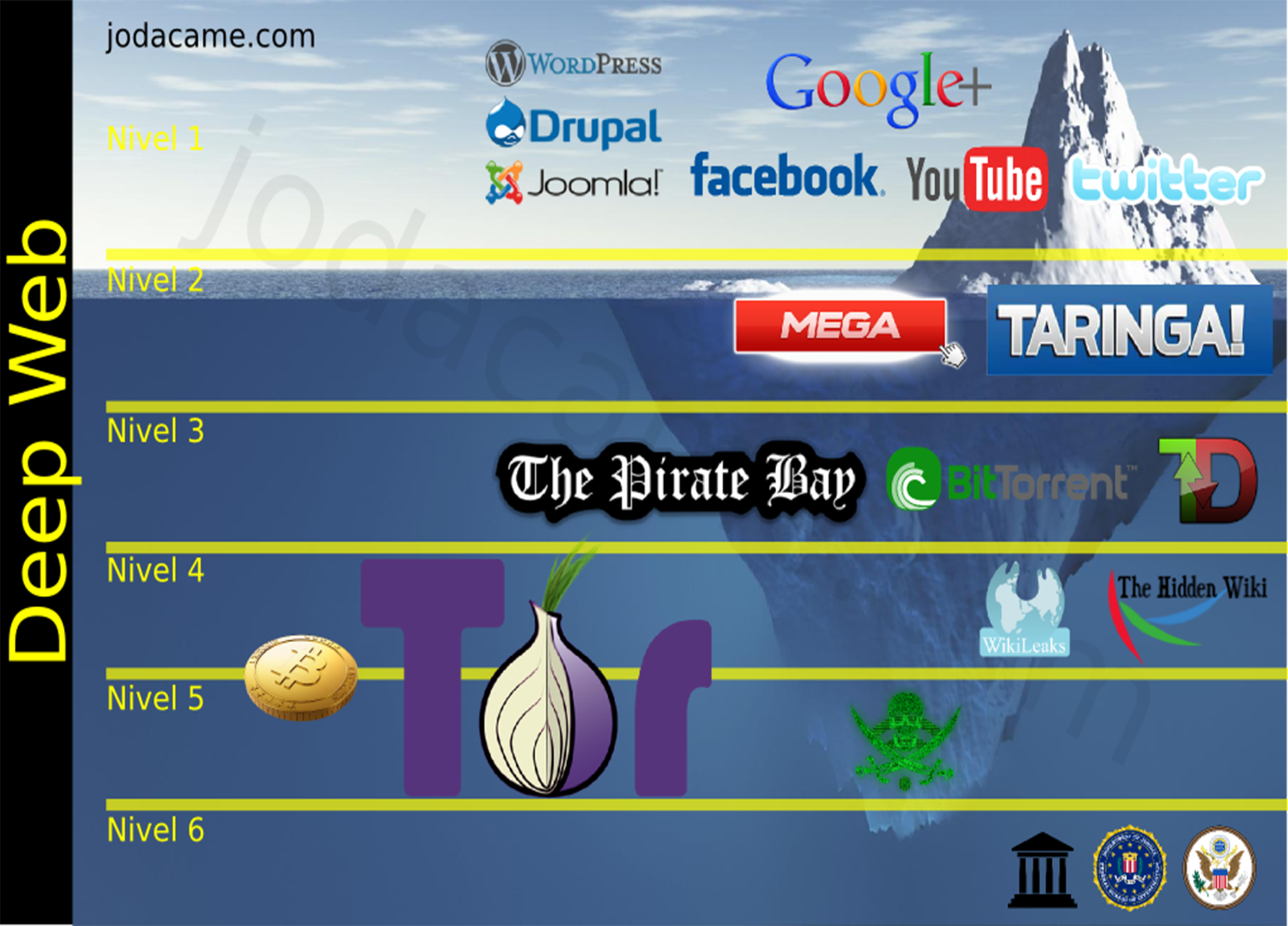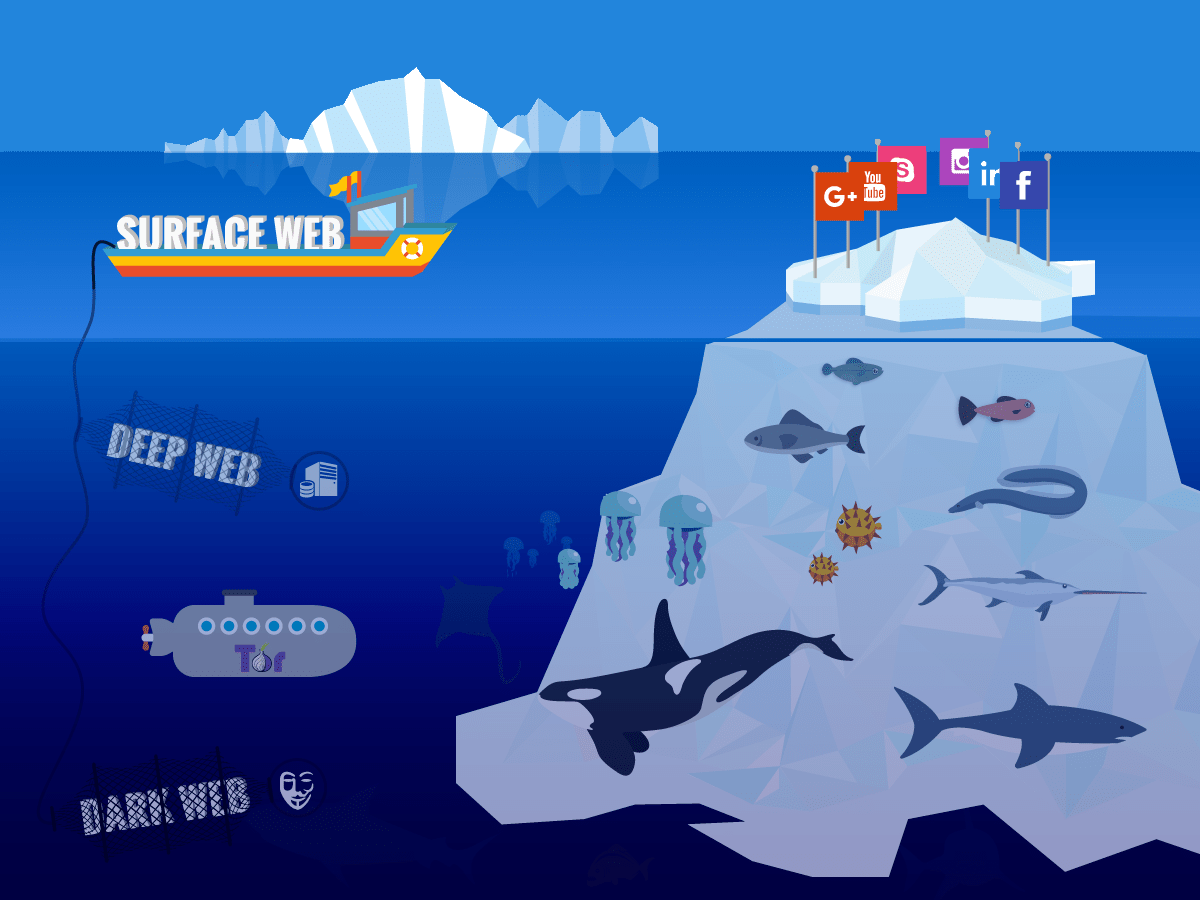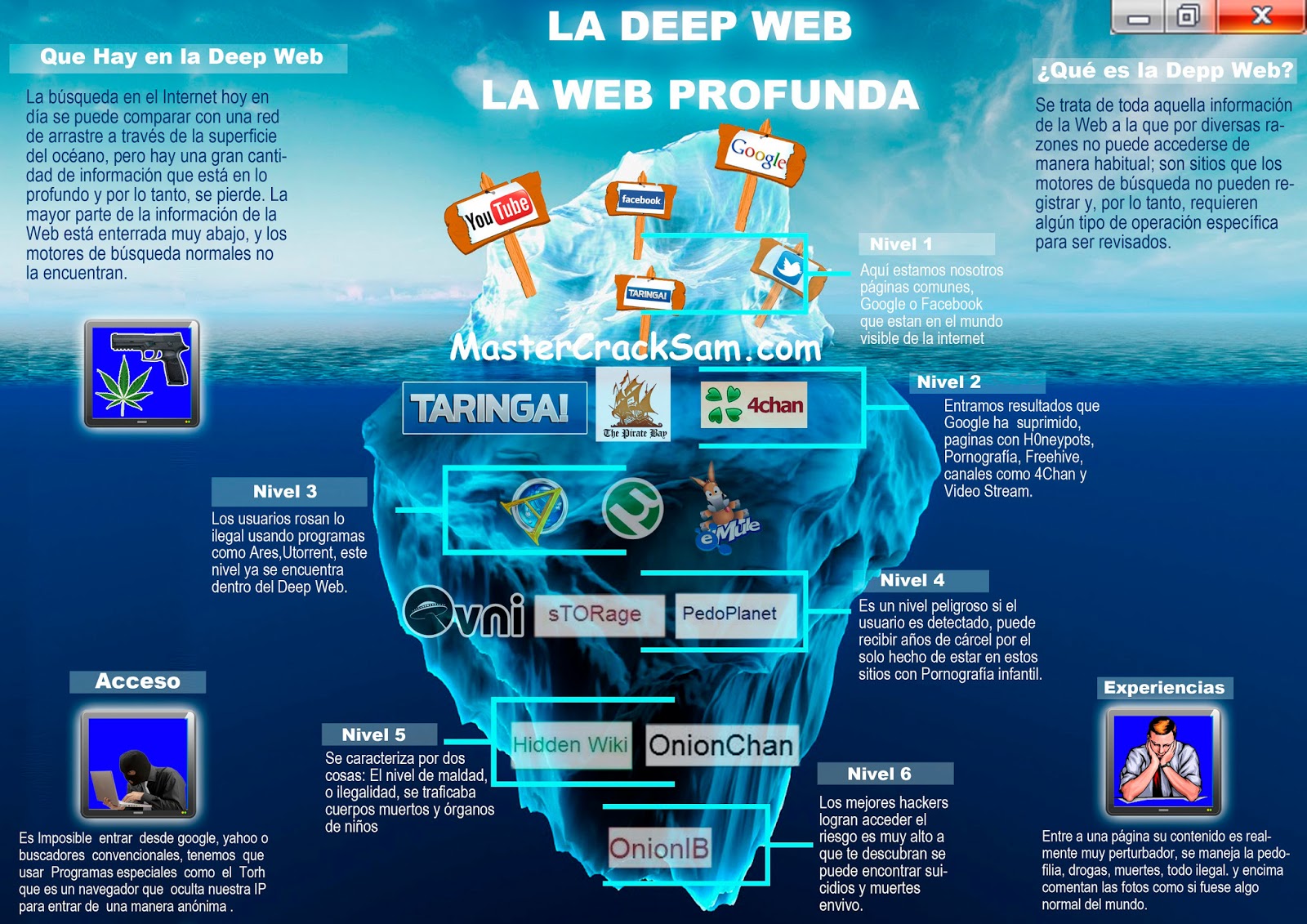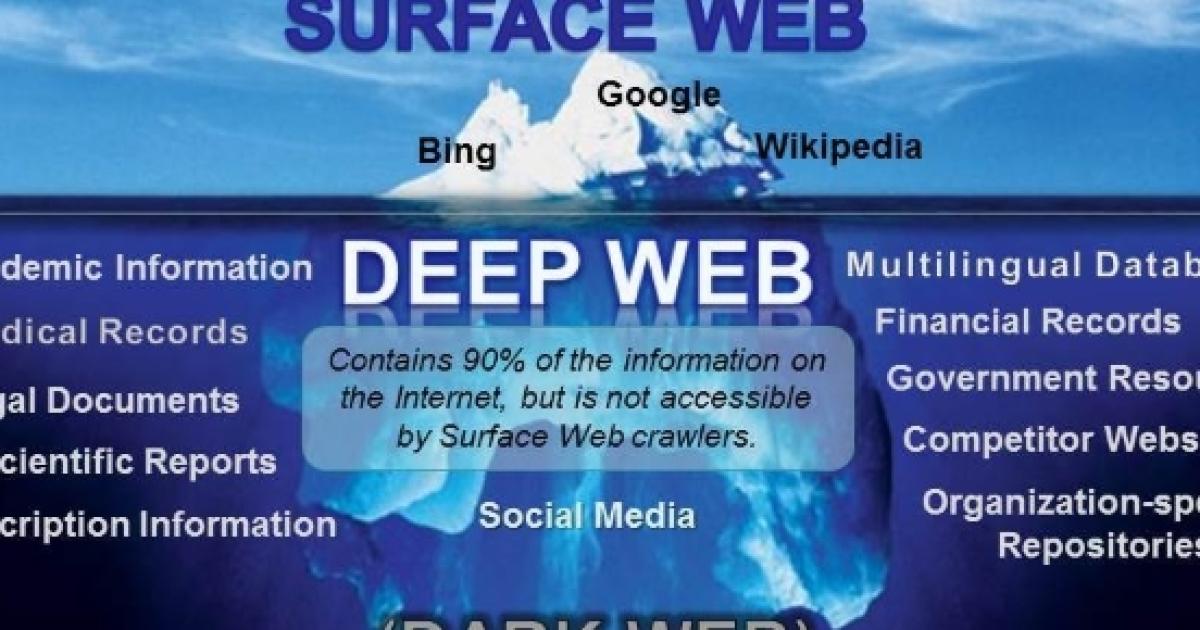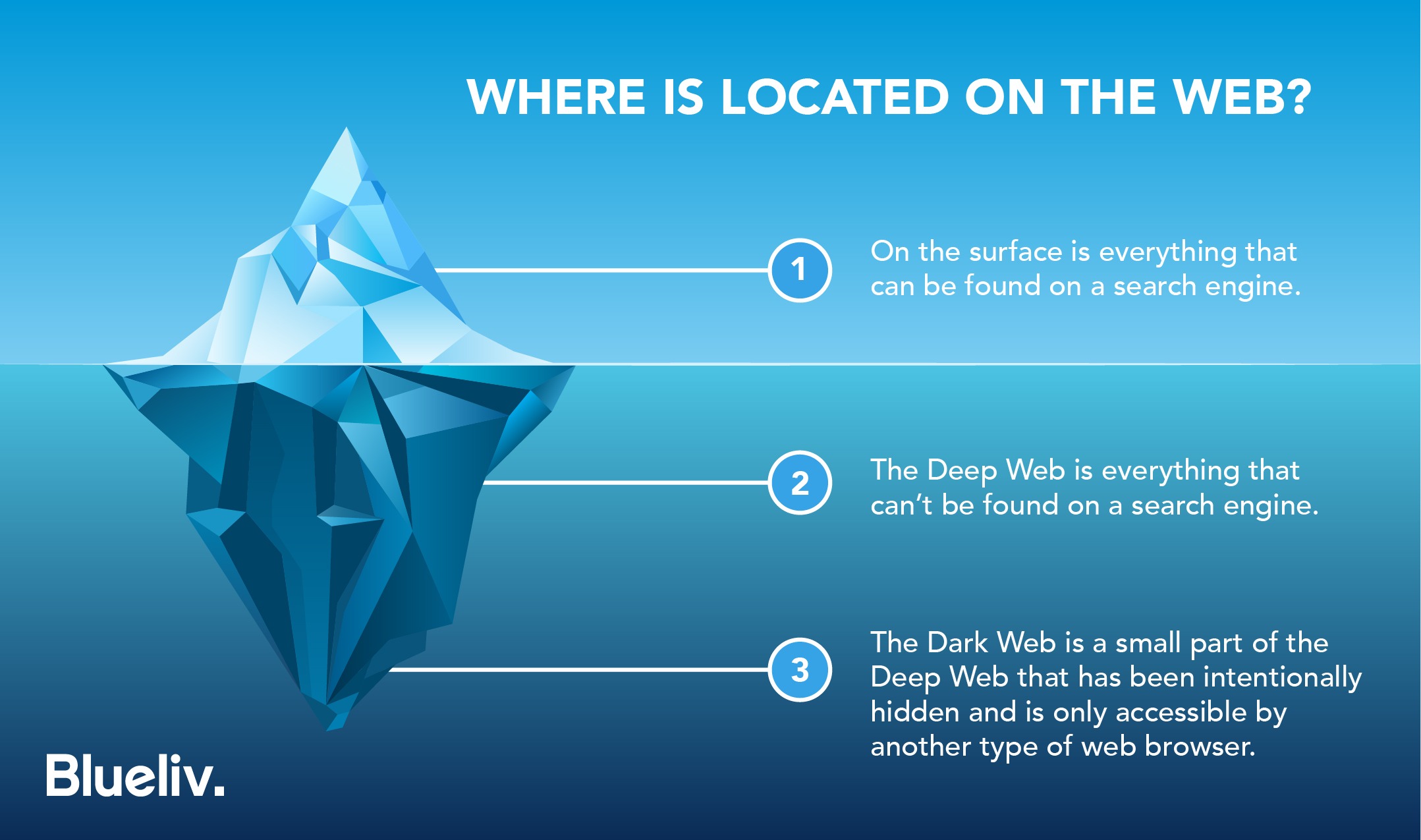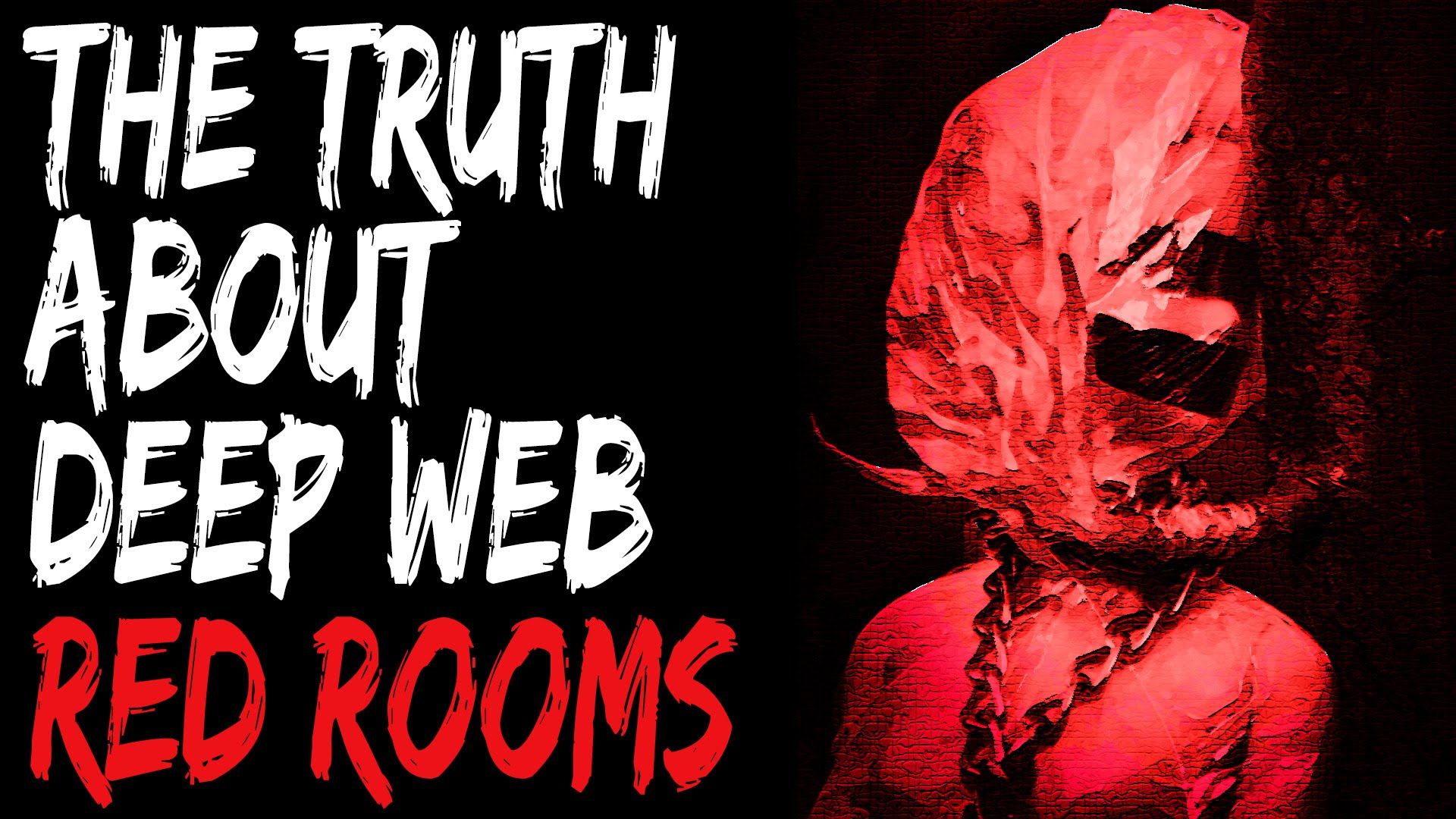Apr 29, 2023
Discover the Hidden Depths of the Internet: Accessing the Dark Web

Retrieved March 20, 2009. Computer scientist Michael's research into the Deep Web has revealed a complex and often misunderstood layer of the internet that is not indexed by regular search engines. This hidden web, estimated to be 500 times larger than the surface web, consists of unindexed and password-protected sites that require specialized software to access. While the Deep Web is often associated with illegal activities, it is also used by journalists, activists, and individuals seeking privacy and anonymity. Despite its potential benefits, the Deep Web remains largely unexplored and shrouded in mystery.
The term "Invisible Web" was first used by Bruce Mount and Matthew in their research paper CiteSeerX 5847. It refers to the vast portion of the internet that is not indexed by search engines and is often accessed through encrypted networks like the Deep Web. Recently, European lawmakers have approved comprehensive regulations for crypto assets, which are often used in transactions on the Deep Web. The move is part of a larger effort to combat illegal activities on the internet and ensure the safety and privacy of users. As the use of the Deep Web continues to evolve, it remains a complex and controversial topic in the world of technology and law enforcement.
The Deep Web is a mysterious and often misunderstood part of the internet. It is a vast network of unindexed websites and pages that are not accessible through traditional search engines like Google or Bing. The Deep Web is estimated to be several times larger than the surface web, which is the part of the internet that people are familiar with.
One of the most notorious uses of the Deep Web is for illegal activities. The anonymity provided by the Deep Web makes it an attractive place for criminals to engage in activities like drug trafficking, weapons trading, and human trafficking. There are also numerous websites offering hacking services for email and various online accounts.
However, not all of the Deep Web is nefarious. Some websites offer anonymity to whistleblowers, journalists, and activists. Others provide access to information that is censored or restricted in certain countries.
Navigating the Deep Web requires special software, such as Tor, which anonymizes internet traffic and makes it difficult to trace. It is important to note that accessing illegal content on the Deep Web is a criminal offense and can result in serious consequences.
In conclusion, the Deep Web is a complex and often misunderstood part of the internet. While it can be a hub for illegal activity, it also provides a platform for free speech and access to information.
Unveiling the Secrets of the Deep Web
Exploring the internet can lead you to the surface web, which is the part of the internet that is easily accessible and dark web black market indexed by search engines. However, there is also the deep web, which is not indexed and requires specific software or authorization to access. The deep web is like the submerged part of an iceberg, with only a small portion visible on the surface. It is estimated that the deep web is much larger than the surface web. While the deep web can contain valuable information, it can also be a breeding ground for illegal activities due to its anonymity and lack of regulation.
Deep web, also known as the invisible web or hidden web, refers to the parts of the internet that are not indexed by search engines. This includes pages behind paywalls, password-protected sites, and unlinked pages. The deep web is estimated to be several times larger than the surface web that is accessible through search engines. It is often associated with illegal activities such as drug trafficking and the sale of stolen goods, but it also includes legitimate uses such as academic research and government databases. Accessing the deep web requires special software such as Tor, which allows users to browse anonymously and access hidden sites. However, caution is advised as the deep web can be a dangerous place with its own set of risks.
Discovering the Unseen World of the "Deep Web" Beyond Google's Reach
"Probe, Count, and Classify: Categorizing Hidden-Web Databases" is a research paper that explores the process of categorizing databases found on the deep web. The deep web is known for its illicit content, including morally questionable pornography in both photo and video formats. Jane Solomon wrote about the deep web and its content on May 6, 2015.
Discover the Hidden World of the Deep Web
The term "deep web," which is now widely accepted, was first used in the 2001 Bergman study. Another person who accessed it ended up in a psychiatric ward because of what they saw. The original (PDF) document is archived as of December 3, 2008.
The Deep Web is a vast and mysterious part of the internet that is not accessible through regular search engines. According to Koll of Personal Library Software, the Deep Web is a place where information is hidden behind layers of encryption, making it difficult to access without specific knowledge or tools. While the Deep Web has gained a reputation for being a hub of illegal activities and black market transactions, it also holds valuable information and resources that are not available on the surface web. Exploring the Deep Web can be a thrilling and educational experience for those who are willing to take the necessary precautions and navigate the complex network of hidden websites and services.
What is the deep web and who uses it? The Hidden Wiki and Narkotika are just a few examples of the extensive resources available for those who frequent the deep web. Among these resources are listings for the sale of various narcotics, as well as stolen goods such as Bitcoints, hacked Paypal accounts, and other illicit services.
The deep web is a part of the internet that is not indexed by search engines and is not easily accessible to the general public. This hidden portion of the internet is often used for illegal activities such as drug trafficking, weapons sales, and human trafficking. However, it is also used by journalists, whistleblowers, and activists to communicate and share information securely. The deep web can only be accessed through special software such as Tor, which allows users to browse anonymously. Despite its reputation for criminal activity, the deep web has also been used for legitimate purposes such as online forums and marketplaces for legal goods and services.
The Deep Web, also known as the Invisible Web or the Hidden Web, refers to the vast amount of content on the internet that is not indexed or searchable by traditional search engines like Google or Bing. This includes everything from private social media profiles to government databases and even illegal marketplaces. While some of this content is harmless, the anonymity and lack of regulation on the Deep Web make it a breeding ground for criminal activity. It is important to note that accessing certain parts of the Deep Web may also be illegal and potentially dangerous.
Discover the Hidden Depths of the Dark Web
The term "Deep web" refers to the part of the World Wide Web that cannot be accessed or indexed by standard web search engines. It is also known as the "invisible" or "hidden" web. The contents of the Deep web are not easily accessible to the general public, and are often hidden behind encryption and other security measures. The Deep web is home to a wide range of content, including private databases, online marketplaces, and other hidden services. Despite its reputation for being a hub of illegal activity, the Deep web is also used by many individuals and organizations for legitimate purposes, such as research and data analysis.
The availability of information deep web for mass consumption is just the tip of the iceberg when it comes to the Deep Web. This statement is supported by the archived source dated December 5, 1996, which was retrieved on February 23, 2009.
The rule here is: Think before you click! The Deep web is a part of the internet that is not indexed by search engines and requires special software to access it. It is often associated with illegal activities such as drug trafficking, weapons sales, and human trafficking. However, it also has legitimate uses such as protecting sensitive information, conducting research, and communicating anonymously. It is important to use caution when accessing the Deep web and to be aware of the potential risks involved. Always think before you click and use reputable sources and software to access the Deep web.
During 2009, the terminology of "deep web" became intertwined with the "dark web" as discussions about deep web search terminology were accompanied by mentions of illegal activities occurring on the Freenet and darknet. An archived article from February 28, 2007 sheds light on the origins of this conflation.
The Deep Web, also known as the Dark Web, is a part of the internet that is not accessible through conventional search engines like Google or Bing. This part of the internet is not indexed by search engines and is typically accessed through special software like Tor or I2P. The Deep Web is often associated with illegal activities, such as drug trafficking, weapons sales, and human trafficking. However, it is also used by activists, journalists, and whistleblowers to communicate and share information anonymously. Despite its controversial reputation, the Deep Web remains an enigma to many internet users and continues to fascinate and intrigue people around the world.
Explore further
Distributed by Ваэль, LLC.
